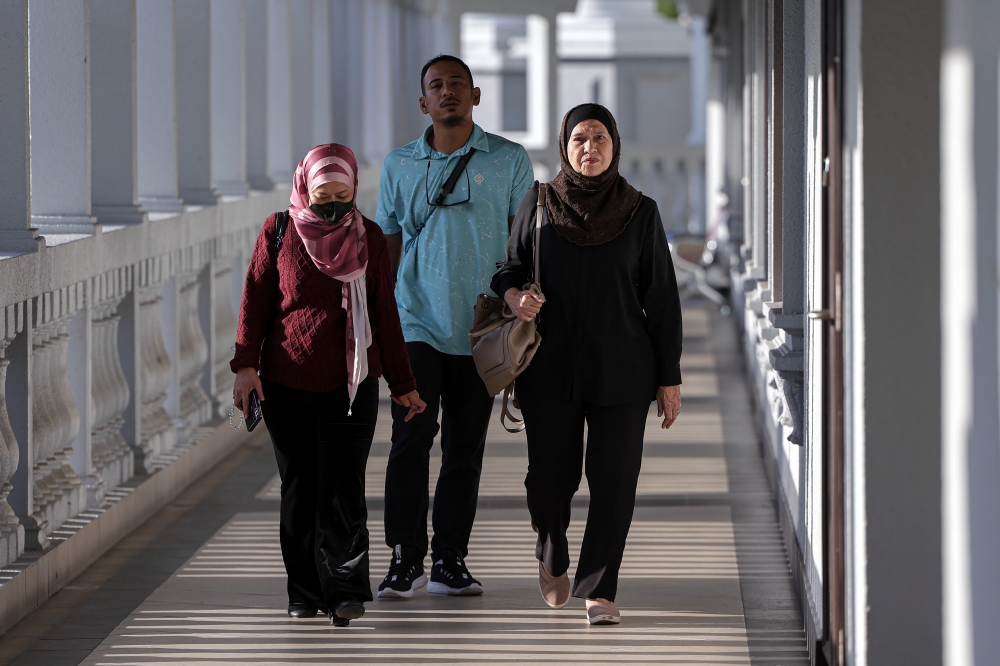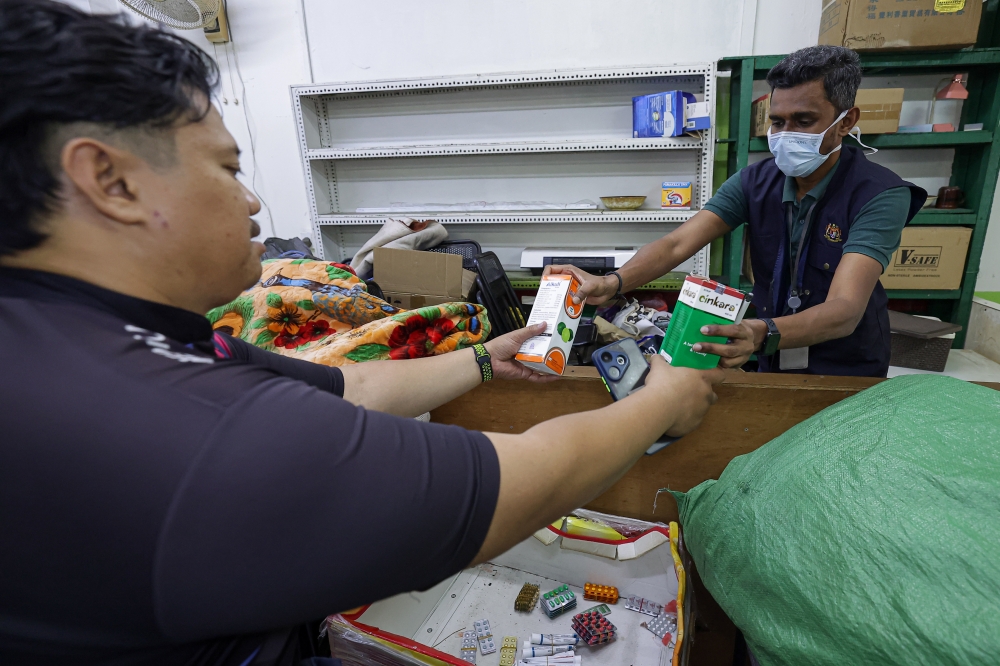KUALA LUMPUR, Sept 29 — The government must muster the moral courage to openly discuss the pros and cons of approving the use of hemp and medical marijuana in Malaysia, Muar MP Syed Saddiq Syed Abdul Rahman said today.
Malaysian United Democratic Alliance’s (Muda) head, when debating the 12th Malaysia Plan (12MP) in Parliament today, said these steps must be taken so Malaysia does not get left behind in the industry, which he asserted could be worth over RM400 billion in the next four years.
“I hope the government can table a working paper that is transparent, sincere, which is driven by data and science concerning the pros and cons of sanctioning the hemp and medical marijuana industry.
“I say this because there are more than 40 countries today where approval for hemp or medical marijuana has been given. The current market is worth about RM60 billion and is expected, within a period of four years, to exceed RM400 billion.
“We do not want Malaysia to lag behind anymore,” he said, adding how Thailand was the most recent country to green light the use of medical marijuana.
Other countries he asserted that had given approval to medical marijuana include the United States, Australia, Argentina, Canada and Denmark.
Syed Saddiq revealed how the Pakatan Harapan Cabinet, which he was part of, had discussed the effects of approving medical marijuana and hemp, based on research driven by data and science.
Back in 2019, former deputy health minister Dr Lee Boon Chye had said that the government did not prevent the use of cannabis-based products for medical purposes to be marketed openly once prior approval is obtained.
In that same year, Malaysian Consumers Association of Malaysia (PPIM) chief activist Datuk Nadzim Johan called on the government to be more open to using cannabis for medical purposes, citing positive findings in clinical studies conducted in medical laboratories, both locally and abroad.
Syed Saddiq today said the government should not avoid discourse on the topic purely due to societal sensitivities, and instead be guided by studies based on data and science.
“We cannot, only because it is sensitive, be leaving this topic aside, while studies based on data and science have clearly shown that, for example, the effects of the alcohol and tobacco industries are far more damaging than this, all because there will never be the moral courage to discuss this with facts and figures.
“I hope the government can discuss this matter and follow the data and science; form a special committee comprising many industries like the Home Ministry to ensure regulation control, the Health Ministry to ensure the data and science is clear.
“We must discuss this and we do not want to be left behind again when other countries are moving ahead of us, and we, again, only implement it 10 to 20 years from now when it is already too late,” he said.



















